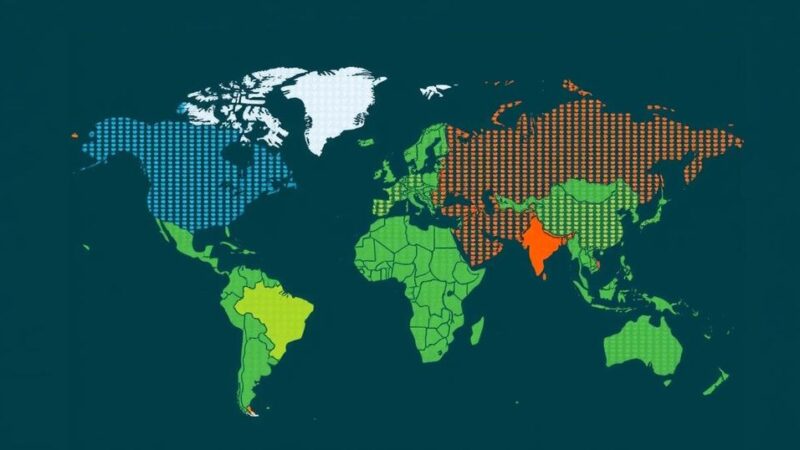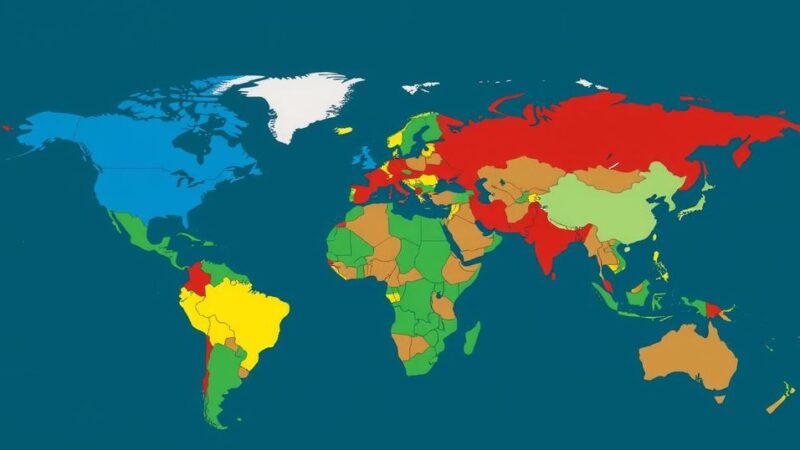Key climate news from October 14-18, 2024, reveals that only 2.8% of the world’s ocean is effectively protected despite global targets, while a study links climate change to deadly floods in Nepal. Additionally, Trump’s politicized disaster aid responses come to light. Google moves forward with building nuclear reactors for energy, and a survey reports high levels of climate anxiety among US youth across political lines.
In the week of October 14-18, 2024, critical developments occurred in the realm of climate news, highlighting the urgent need for action on climate and conservation efforts. A concerning report revealed that only 2.8% of the world’s oceans are ‘effectively’ protected despite global commitments to increase conservation by 2030. This data comes ahead of the United Nations Biodiversity Conference, where nations agreed to ambitious goals to safeguard biodiversity through the Kunming-Montreal Global Biodiversity Framework. Notably, the framework established the 30×30 goal that mandates at least 30% of terrestrial and marine areas to be effectively conserved or restored by the end of this decade. Moreover, investigations indicated that former President Trump initially denied disaster aid to blue states, such as California, after catastrophic wildfires in 2018 due to political affiliations. Reports suggested that aid decisions were influenced by the political landscape, further complicating disaster response efforts. A significant study connected climate change to the recent deadly floods in Nepal, where human-induced climate factors contributed to the severity of the rainfall that led to devastating landslides and casualties. Research concluded that such extreme weather events have become increasingly more probable due to climate change. In a proactive move, Google has announced plans to construct small modular nuclear reactors to power its data centers, indicating a shift towards renewable energy sources. This deal marks a pioneering instance where a technology corporation directly commissions a nuclear facility. Finally, emotional distress related to climate change among the youth in the United States remains alarmingly high, with survey data revealing that a substantial majority express significant concern about climate impacts. Young individuals across the political spectrum reported feelings of anxiety regarding climate issues, underlining a collective call for urgent action.
Recent findings reflect a global challenge in addressing climate change and conservation efforts. With nations falling short of their biodiversity conservation targets, the imminent threat to marine and terrestrial ecosystems has become increasingly prevalent. In parallel, the political implications of disaster response expose the complexities in providing necessary aid to communities impacted by natural disasters. Climate change is not only reshaping environmental patterns but is also becoming a pivotal factor in severe weather events, as evidenced by unprecedented rainfall and flooding in Nepal. Corporations like Google are recognizing the necessity for sustainable energy, prompting unprecedented investments in nuclear energy. Furthermore, the sentiment of climate anxiety among youth indicates a widespread demand for governmental accountability and action against climate change.
The week highlighted pressing issues within the climate crisis, including insufficient ocean protection, the politicization of disaster response, the impact of climate change on extreme weather events, corporate energy shifts, and youth climate anxiety. Collectively, these factors underscore the necessity for immediate and tangible actions to address these critical environmental challenges as nations and communities prepare for upcoming negotiations and strategic responses.
Original Source: earth.org






